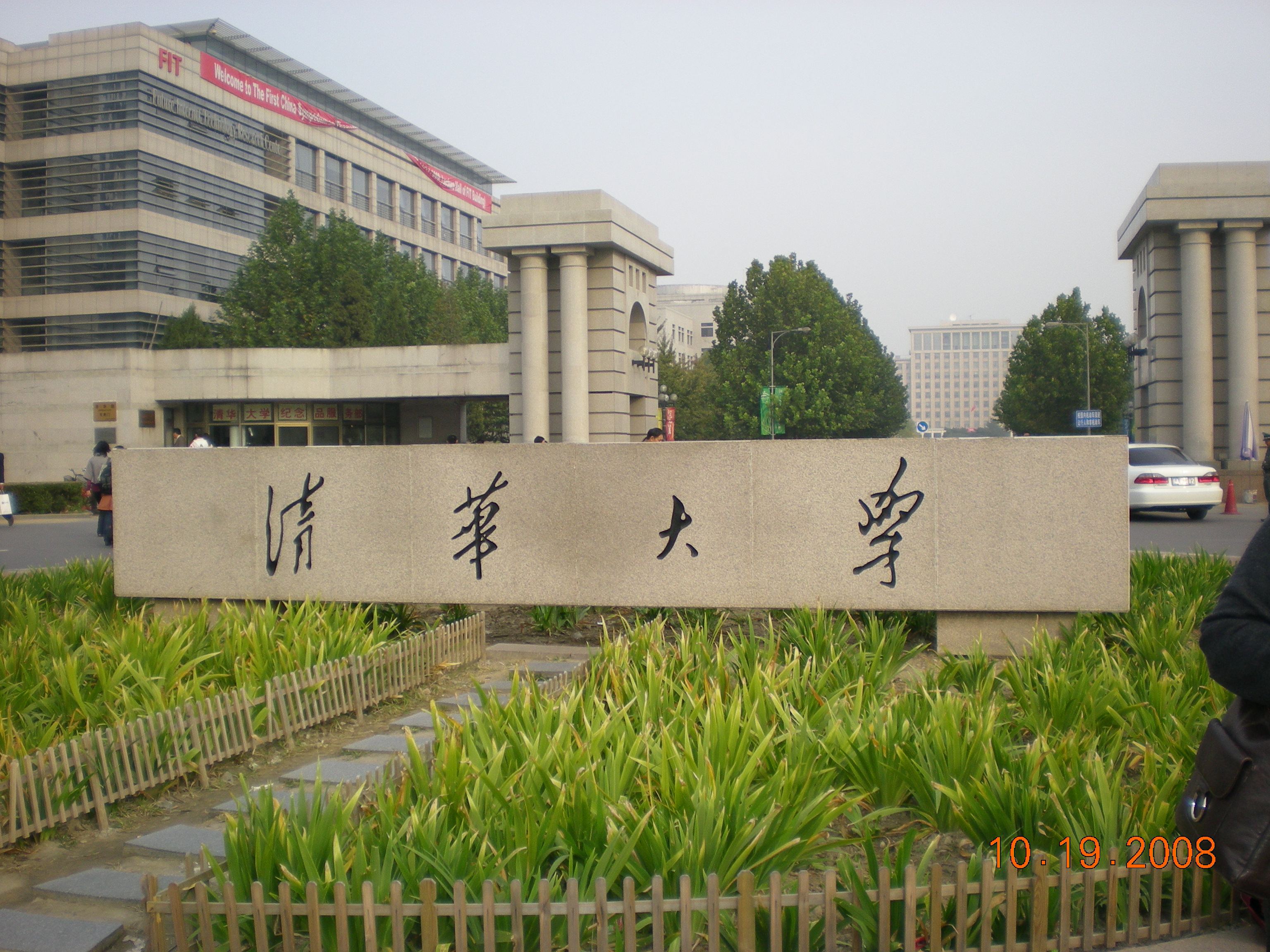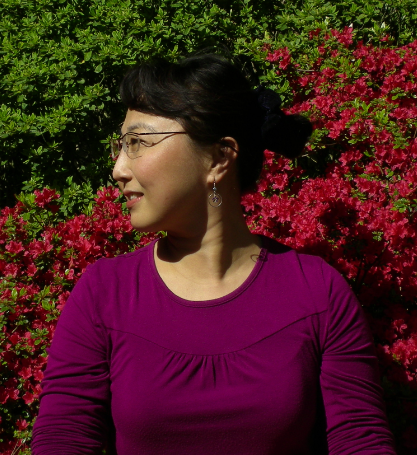October 20, TTOD & CAS
by Jing Liu ~ November 4th, 2008. Filed under: Experience.
Monday morning, we were greeted by Mr. Ke and Mr. An at the main entrance of Tsing Hua U. Ms. Zhou Mengzhi, who is in charge of the legal department, presented the organizational chart of TTOD, the digital publishing platform of CNKI and its overseas market share. Among all types of institutional users, over 2,000 hospital libraries made up the largest group. CAJ and CJP are TTOD’s major products so far followed by e-yearbooks. CNKI is one of the branches of American Tongfang with staff of 1,600. Mr. Ke reported that they have been working on the following areas after we met in July at the Summer Institute: Born digital resources, such as dissertations and conference proceedings; Integration of different formats; Value added services, such as authority control and tracking title changes, etc.Then Mr. Dong Fei presented the Yearbook Database followed by the reference book database demo by Ms. Li Xiaohong. All presenters emphasized on the cross-database searching, but our group members worried how much we could afford, when such an integrated and large-scaled digital product is presented to our users who may request for the full-text that our library is not capable to subscribe to. I also worry the overlap among different e-content providers.
We started the afternoon meeting with Dr. Zhang Xiaolin at 2pm in the National Library of Science, which serves the Chinese Academy of Sciences (CAS). CAS has 103 research institutes in 28 cities with 25,000 staff and 3,5000 graduate students. Dr. Zhang asked us to promote the plan of hiring 100 librarians worldwide and sending his staff to work at North American academic libraries. Their services impressed the group especially the cross-domain search system, real-time virtual reference and desktop infor-tools (e划通), which is a desktop retrieval tool that allows to search the third party’s or commercial databases from personal documents, such as pdf or ppt files. Since the average distance between the central library and users is 1,000 km, easy access and document delivery are emphasized. Dr. Zhang emphasized the interactive information services and looking for what the users don’t know what exactly they need. 他强调“去馆舍化,去层级化,提供研究人员还不知道的信息源。” Library’s metadata has been provided to Google Scholar. The Chinese Science Citation Database has been integrated into the ISI Web of Knowledge, which will help to promote the Chinese scientific research worldwide.
The library tour after the meeting reminded us what Dr. Zhang said. The building is quiete and empty except for the first floor. We rushed to one of TTOD’s processing centre where many young people work day and night to scan and process newspapers, journals and disserations, etc. They work in different shifts to keep the scanners and computers running all the time. The group was impressed by their efficiency.
